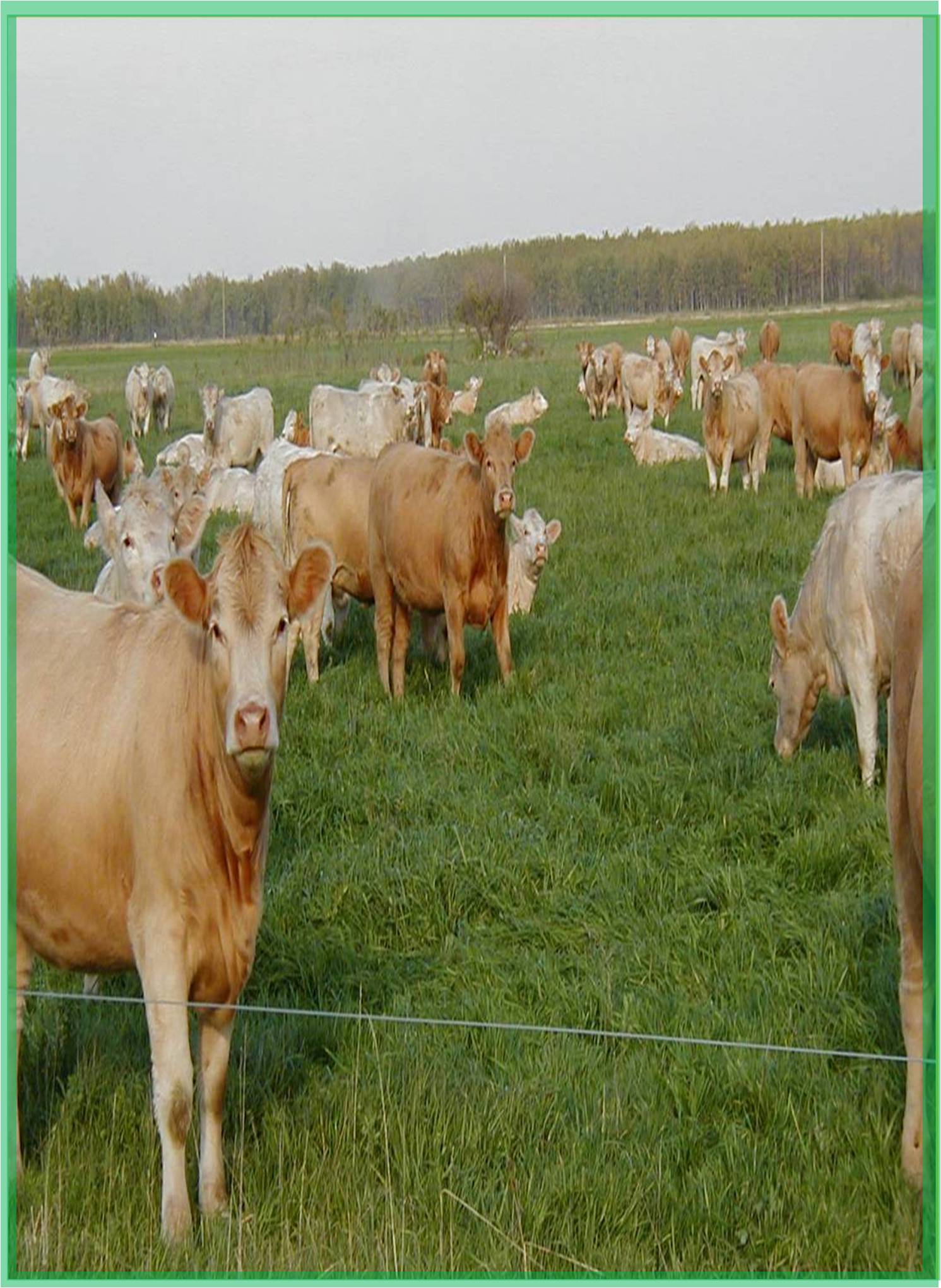



Received: 03-Feb-2022, Manuscript No. GJAS-22-58290; Editor assigned: 07-Feb-2022, Pre QC No. GJAS-22-58290(PQ); Reviewed: 22-Feb-2022, QC No. GJAS-22-58290; Revised: 01-Mar-2022, Manuscript No. GJAS-22-58290(R); Published: 08-Mar-2022, DOI: 10.15651/GJAS.22.10.003
Excessive use of pesticides is harmful chemicals in fruits and vegetables can have a negative impact on human health. These uncontrolled practices also lead to reduced soil fertility. Fruits and vegetables imported from India and cultivated in India have been found to contain large amounts of pesticides and other harmful chemicals. Consuming such fruits and vegetables poses a long-term health risk. Abuse of pesticides on agricultural products can lead to brain, lung cancer, breast cancer, kidney diseases and neurological problems.
Farmers and workers who handle these harmful pesticides and chemicals can suffer from acute abdominal pain, dizziness, headaches, nauseaness, and vomiting, skin and eye problems. Most farmers who use these do not know how to use them and how much they use to control crop diseases. Whatever the government’s plant protection labs at various customs weren’t working. To prevent this increased use of such pesticides and toxic chemicals in fruits and vegetables, the government is preparing a directive to set its maximum residual limits. Following a recommendation from the Ministry of Commerce (MoC) last week, the Ministry of Agrarian Development (MoAD)’s Food Security, Agricultural Management and Environment Ministry has begun homework to cap pesticides in fruits and vegetables (MoAD) Yogendra Kari said the ministry is considering various steps to keep this use of pesticides and toxic chemicals within the limits set by the ministry. It should be noted that in 2015, the ministry also set up a pesticide residue laboratory in the Kiribati fruit and vegetable market. It also planned to establish such laboratories in Butwal, Nepalgunj, Pokhara, Narayangad and Biratnagar. However, the Calimaty-based lab did not work due to fierce opposition. One of the best ways to prevent the abuse of pesticides, toxic chemicals and fertilizers is to educate farmers about their negative effects on human health and the local environment. Farmers must be aware that they will be the first victims of such pesticides and chemicals, and that the fertility of their land will also decline in the long run. They are tempted to use toxic chemicals for short-term benefits. MoAD and MoC have decided to promote good food agricultural practices and integrated pest management standards, and have set up phytosanitary laboratories at various customs offices to control the high levels of pesticide residues in foods.
MoAD and MoC have decided to promote good food agricultural practices and integrated pest management standards, and have set up phytosanitary laboratories at various customs offices to control the high levels of pesticide residues in foods. Governments need to promote organic farming by providing a variety of incentives and skills to help farmers grow healthy, hygienic and more food, even in the absence of pesticides and chemicals. Greenhouse and tunnel cultivation are some of the recent gains in the adjacent areas of the Kathmandu Valley. Using compost fertilizer is the best way to increase soil fertility and productivity. Consumers also need to know if they are consuming food or pesticides.
Pesticides will still be a part of human life and therefore the environment so as to extend crop production. It’s imperative for public health authorities to teach the general public, farmers, and farm workers on the utilization of and risks from pesticides. Improvement of human quality of life by means of more efficient and environmentally friendly food production will clearly be a challenge for years to return. Reduction within the annoyance produced by pests is additionally a part of the equation and poses major challenges to balance the well-being of the ecosystem. Rigorous testing and more stringent rules got to be adopted to deal with the harms posed by pesticides. Scientists, legislators, public health officials, and other stakeholders should familiarize themselves with the various pesticides that are utilized in their environment and invest in research and development for safer alternatives.